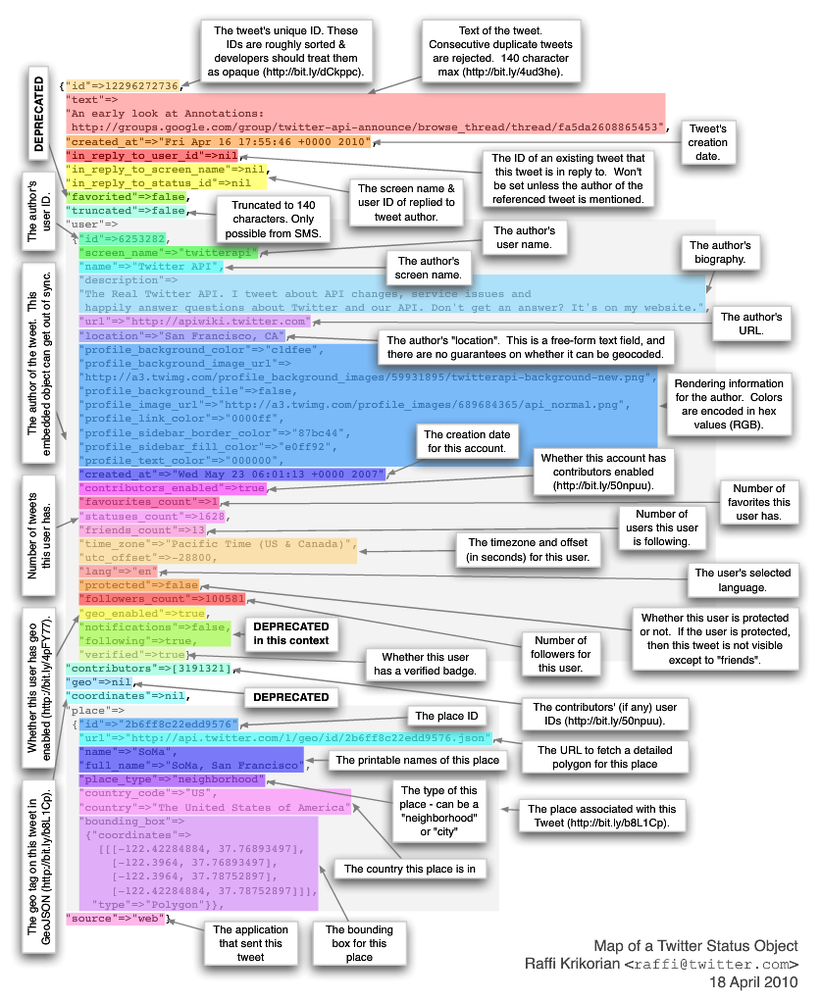Its easy to continue down the consumer line that the holiday brings – talking new devices, apps, and services, and leaving weighter concerns to the opt-ed pieces which might hit a magazine or two. And then there’s that sense of responsibility. A condition of mobile in ministry is to understand the landscape and the challenges of just being in this space. In light of what we do, own, or promote, it our responsibility to pay attention to what might negate this landscape as well.
…Thanks to smartphones or Google Glass, we can now be pinged whenever we are about to do something stupid, unhealthy, or unsound. We wouldn’t necessarily need to know why the action would be wrong: the system’s algorithms do the moral calculus on their own. Citizens take on the role of information machines that feed the techno-bureaucratic complex with our data. And why wouldn’t we, if we are promised slimmer waistlines, cleaner air, or longer (and safer) lives in return?
This logic of preëmption is not different from that of the NSA in its fight against terror: let’s prevent problems rather than deal with their consequences. Even if we tie the hands of the NSA—by some combination of better oversight, stricter rules on data access, or stronger and friendlier encryption technologies—the data hunger of other state institutions would remain. They will justify it. On issues like obesity or climate change—where the policy makers are quick to add that we are facing a ticking-bomb scenario—they will say a little deficit of democracy can go a long way…
That segment is from an article that’s stayed open in a tab for me for a number of weeks now. The Real Privacy Problem at MIT Technology Review is a must-read, must-bookmark, and must share.
And yet, that’s not the end of things. We understand that its not just what we do which is being exposed, but what others are gathering about our actions which present very real challenges – if not outright defining characteristics – to what it means to have mobile ministry practices.
…The NSA has no reason to suspect that the movements of the overwhelming majority of cellphone users would be relevant to national security. Rather, it collects locations in bulk because its most powerful analytic tools — known collectively as CO-TRAVELER — allow it to look for unknown associates of known intelligence targets by tracking people whose movements intersect.
Still, location data, especially when aggregated over time, are widely regarded among privacy advocates as uniquely sensitive. Sophisticated mathematical techniques enable NSA analysts to map cellphone owners’ relationships by correlating their patterns of movement over time with thousands or millions of other phone users who cross their paths. Cellphones broadcast their locations even when they are not being used to place a call or send a text message…
The Washington Post and others have been very brazen in publishing items like this. Whether or not one can get around that kind of monitoring is one thing, understanding what that monitoring means is another. And the truth also exposed here has to be understood – if countries are advanced enough to pursue these complicated and powerful means of using data to make connections, countries/governments/organizations/individuals which don’t have that skill, or have the controls in place that might be present legally/ethically here, not only have that ability, but have been working in similar manners.
Don’t just be so naive to dismiss the dangers when running towards the opportunities.
Don’t be so paralyzed by the dangers that you neglect running towards the opportunities.

 Was pointed to this piece about two sides of owning a [smartphone] mobile
Was pointed to this piece about two sides of owning a [smartphone] mobile 



